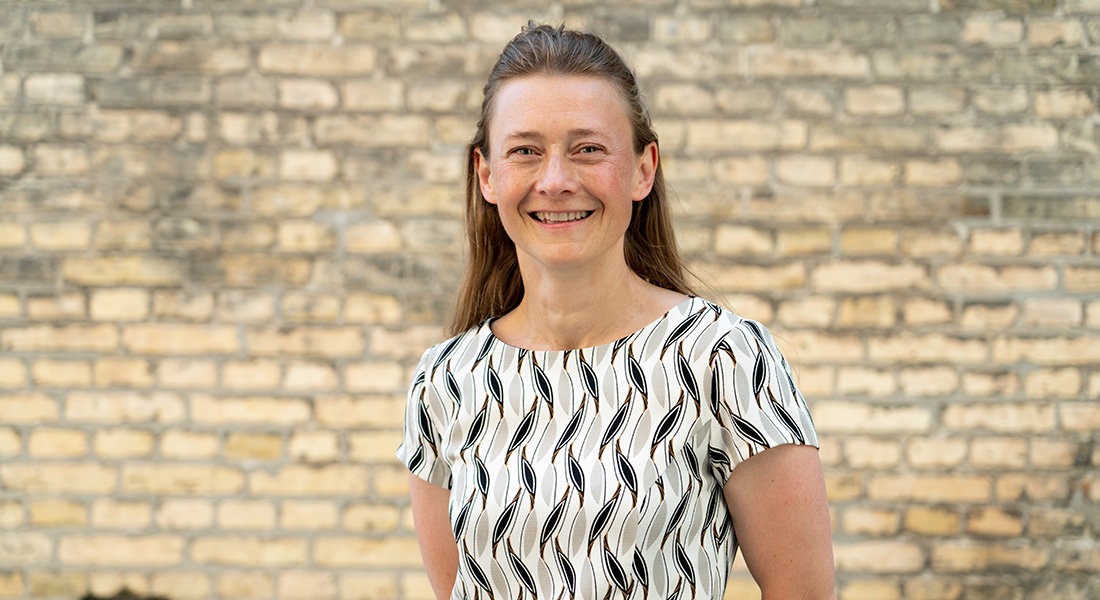Tybjerg Group to explore the impact of personalized medicine on the concept of diagnosis
Associate Professor Karin Tybjerg becomes a Group Leader at CBMR in the Research Program Cardiometabolic Research in Society and Culture, located at the Medical Museion in the Department of Public Health

Diagnosis plays multiple roles in medical practice and biomedical knowledge. It helps make sense of patient bodies, directs treatment, and shapes research questions. While humanities research has often focused on psychiatric diagnosis, diagnosis in somatic medicine holds great promise as a route to understanding medical knowledge between practice and science and to map translations between research, clinic and patients.
Associate Professor Karin Tybjerg hopes to unpackage how diagnostic practices shape our understanding of disease. By following research at the Center, Associate Professor Karin Tybjerg will track diagnoses as they move in and out of the lab in the shape of samples and treatment recommendations. Based on historical objects, she will explore how perceptions of disease are forged by changing technologies for investigating the body. And in dialogue, she will question how diagnostic practices are changed and challenged as personalized medicine promises to exchange recognizable but coarse disease classifications for subtypes based on tests and computation.
"A diagnosis is a strange bag that gathers accumulated understandings of disease – symptoms, lesions, causes, dysfunctions, sensations, treatment recommendations and risks. It allows us to handle disease between researchers, clinicians, patients, and administrators. As we set out to reorganize classifications with personalized medicine, we need a deep understanding of how diagnoses work," says Associate Professor Karin Tybjerg.
A humanities perspective on personalized medicine
Associate Professor Karin Tybjerg is a researcher at the Medical Museion, the University of Copenhagen's medical history museum, which collaborates with CBMR through a unique interdisciplinary humanities and biomedical research program Cardiometabolic Research in Society and Culture. The research program connects CBMR's fundamental scientific and innovation work to big questions about how our understanding of cardiometabolic disease has been shaped, what impact people's scientific knowledge and self-awareness of their health has on their well-being, and even more broadly, how these scientific ideas shift understandings of the human condition.
CBMR's collaboration with humanities researchers is a defining feature of the Center's approach to transforming the basic understanding of cardiometabolic health and accelerating its translation into prevention and treatment strategies. Personalized medicine is among the key research themes at the Center as it becomes increasingly apparent that there is no one-size-fits-all approach to preventing and treating complex and multicausal diseases such as type 2 diabetes and obesity.
